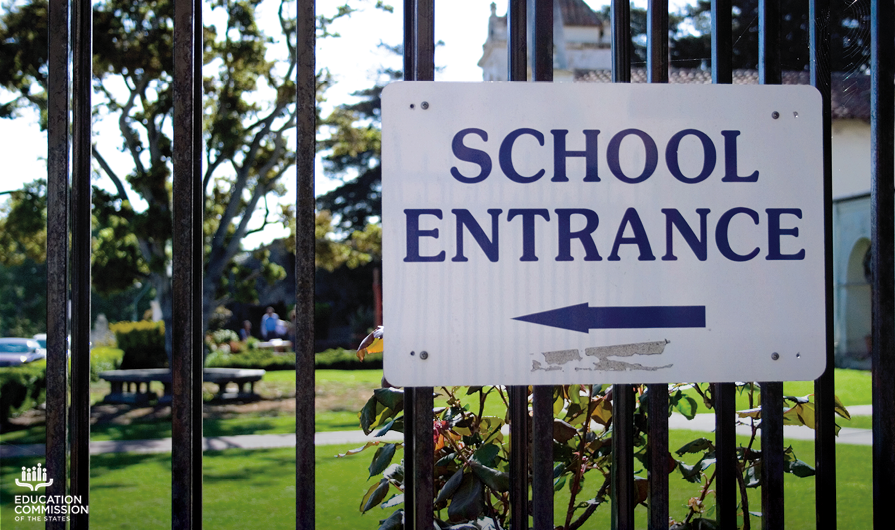At the beginning of August, I attended the National Center for Education Statistics’ STATS-DC Data Conference. It was a wonderful opportunity both to connect with individuals working on education data at the federal and state levels and to hear about trending issues related to data collection and use. Data leaders ran sessions on statewide longitudinal data systems (SLDS), data quality and use, data connections beyond K-12 education and more. A few common themes emerged from these sessions as state practitioners worked to address issues in their systems. These themes – including data use, data privacy and data system funding – also emerged as topics of introduced legislation in 2017.
As highlighted in Education Commission of the States’ Policy Snapshot on Statewide Longitudinal Data Systems (SLDS), state leaders continue to introduce legislation related to education data systems. While the Policy Snapshot focused solely on legislation related to the establishment or expansion of SLDS, various state legislatures also considered bills focused on other aspects of education data, including issues discussed at the STATS-DC conference.
At the conference, one question state leaders grappled with was how to best publicize and report the information produced through data connections. Sessions focused on reporting requirements, data visualization tools and interactive reports. Enacted Connecticut H.B. 5116 requires reports linking higher education and employment data to be made available on a public website in aggregate form.
An uptick in public concern over data privacy is reflected by the amount of legislation introduced related to the issue. According to Data Quality Campaign, state legislatures have prioritized data privacy, evidenced by the increase in introduced legislation from 2014 to 2017. Those bills take a variety of approaches to data security. For example, some privacy bills seek to limit which data connections can be made and who can access the data, while others focus on targeted advertising and unwanted uses of data. Enacted Wyoming H.B. 8 requires the state’s data privacy and security plan to include protocols to remove personally identifiable information to provide for secure data collection and analysis. Failed Minnesota S.F. 1980 is an example of the latter. The bill would have prohibited using collected data for targeted advertising, creating a profile about an individual student using individual information and unique identifiers, or selling a student’s information.
State leaders are also dealing with funding state data systems. Many states used funding from U.S. Department of Education SLDS grants to establish or maintain a connected educational data system. After SLDS funds were depleted, some states struggled to find sufficient new funding for those systems. Some state budget bills now include appropriations for SLDS, such as enacted California A.B. 97, which directs funds specifically to the California Longitudinal Pupil Achievement Data System and designating that – at a minimum – an expenditure plan will be created to implement the system, provide for its maintenance and assist local education agencies in transmitting data for the system.
Education data systems are multi-faceted. As discussed in Education Commission of the States' policy analysis Examining SLDS Development and Utility, a variety of means are used to create systems, including policy, memorandums of understanding and grants. Beyond a system’s establishment, states deal with a variety of complex issues. As states seek to maintain and improve theirs SLDS, expect to see more data-related legislation in the years to come.










